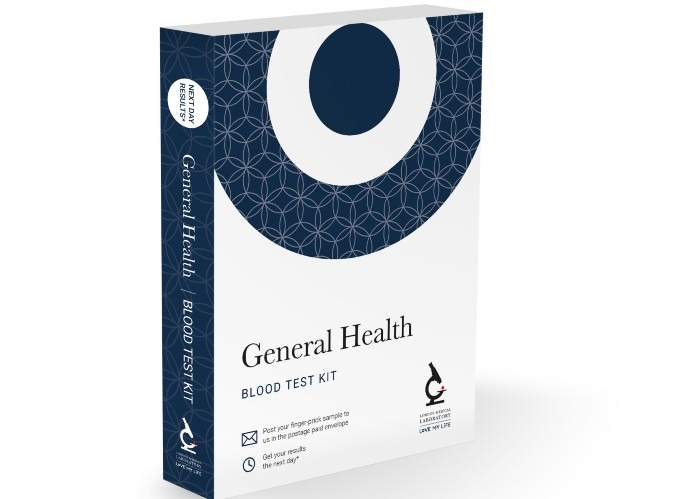The NHS continues to urge people with O-type blood to donate, following an Amber alert declared on 25 July due to shortages impacting clinical activities. The alert signifies that group O red cell stocks, both positive and negative, are critically low. This shortage comes amid a decline in blood donations and a cyber attack on a key blood-testing partner of the NHS.
O negative blood is often referred to as the “universal blood type” because it can be safely transfused to any patient when their blood type is unknown. However, recent research has highlighted a troubling statistic: less than half of the British population knows their own A B O blood group.
Dr Avinash Hari Narayanan (MBChB), Clinical Lead at London Medical Laboratory, emphasises the importance of knowing one’s blood type. He warns that receiving blood from an incompatible group can be life-threatening. “For instance, if someone with group A blood receives blood from a group B donor, the anti-A antibodies in the donor’s blood will attack the recipient’s group A cells,” he explains. This underscores the critical need for matching blood types during transfusions.
Dr Narayanan notes the surprising finding that a recent analysis revealed fewer than 50% of people can identify their blood type. “Learning the ABC, or rather ABO, of blood types is straightforward but could save your life,” he states. There are four main blood groups—A, B, AB, and O—determined by the genes inherited from parents. Each blood group can also be positive or negative, depending on the presence of the rhesus D (RhD) antigen.
The most prevalent blood group in the UK is O positive, comprising around 36% of the population, while AB negative is the least common, making up just 1%. Given the current blood shortage, the drop in O negative stocks is concerning. The NHS ideally aims to have six days’ worth of O negative blood available, yet it fell to just 2.9 days in July and currently stands at 4.6 days.
The issue of blood type extends beyond transfusions; it also plays a significant role in pregnancy. Pregnant women are routinely tested for their blood type, as incompatibilities can arise if an RhD negative mother has an RhD positive child.
Currently, only about one in 25 UK adults are registered blood donors, despite the eligibility of many individuals. Anyone aged between 17 and 65, who is fit and healthy, and weighs between 50kg (7 stone 12lb) and 158kg (25 stone), can donate blood. Men can donate every 12 weeks, while women can do so every 16 weeks due to differing iron levels.
Dr Narayanan highlights that giving blood is the simplest way to discover one’s own blood type. Those interested can check their eligibility and sign up to donate through the NHS website.
Advancements in blood testing mean that individuals can now gain swift access to vital health information via simple finger-prick tests, available at home or in numerous drop-in clinics across the UK. London Medical Laboratory offers a General Health Profile blood test that monitors key health indicators, including kidney and liver function, cholesterol levels, and diabetes risk.
For further details on blood donation and health testing, visit the NHS and London Medical Laboratory websites.


